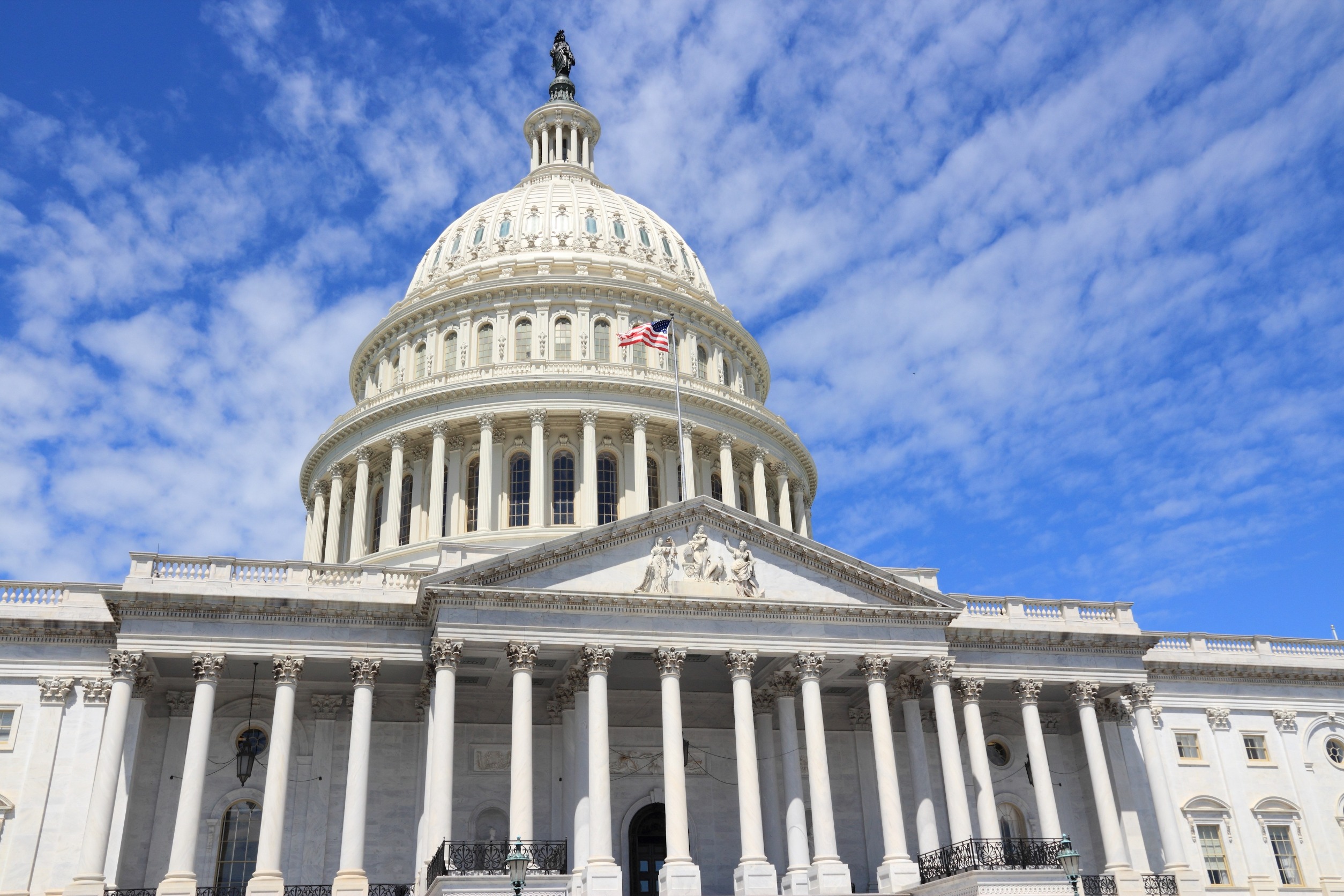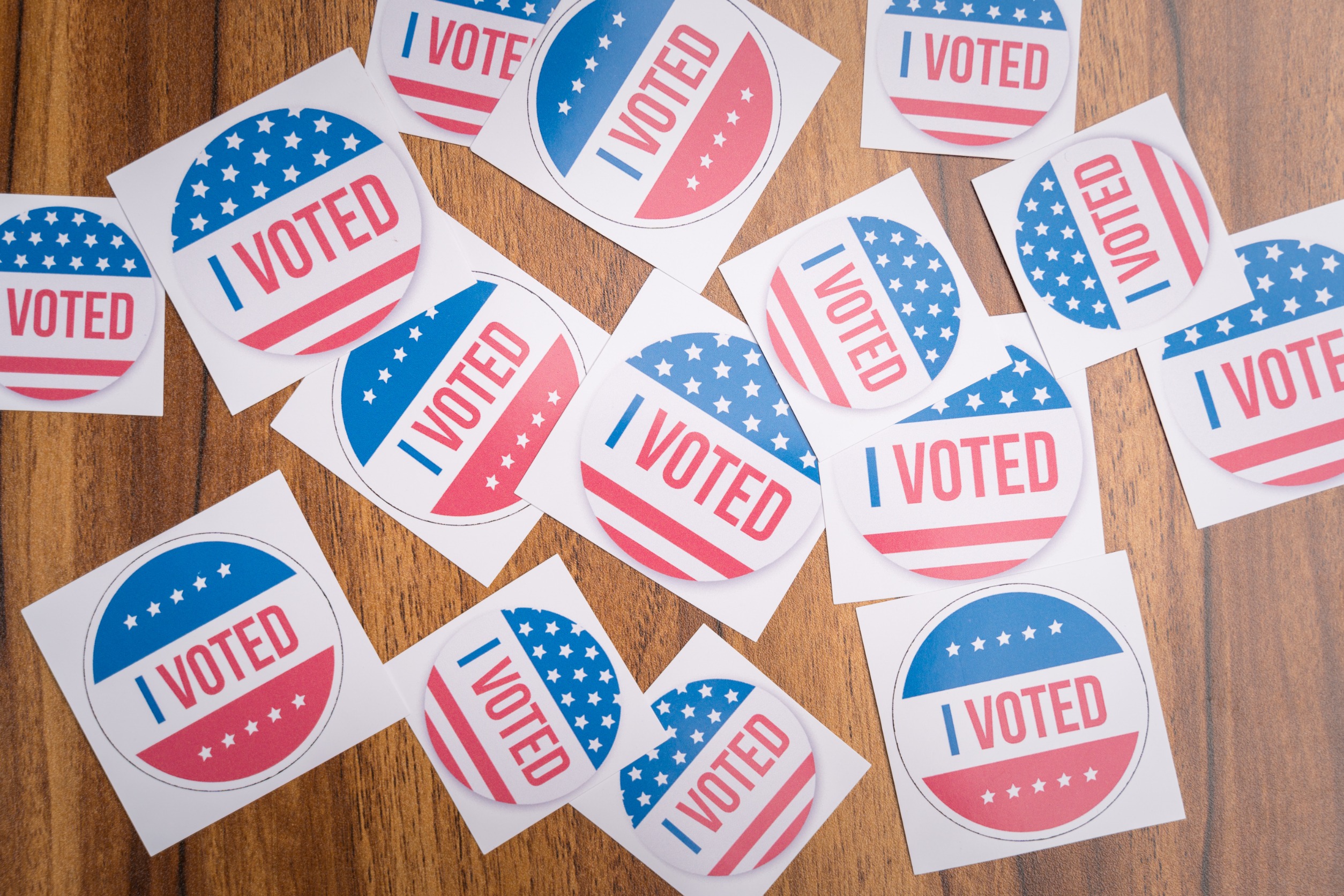A new study recently dove into the physiological details of how a massage can kickstart the body’s relaxations systems. What they found is that just a 10-minute massage can be all it takes to engage the body’s stress-fighting mechanisms and restore some peace of mind. Although the findings may not come as a big surprise to all the massage enthusiasts, the physiological detail behind them that is both interesting and significant.
The research, which was carried out at Germany’s University of Konstanz, set out to explore the effects of massage on the parasympathetic nervous system (PNS), a major branch of the autonomic nervous system and the one responsible for unconscious functions when the body is at rest, like breathing and digestion. The PNS is also responsible for helping us fight off stress when we sense threats and therefore plays an important role in helping us enter relaxation mode. The PNS includes the vagus nerve, the body’s largest nerve which has been linked to a range of cutting-edge medical treatments, including anti-aging and obesity therapies.
As reported in New Atlas, the authors of the new study drew up experiments where 63 healthy women were divided into three groups. The first group received a 10-minute head and neck massage to actively stimulate the vagus nerve and, in turn, the PNS. The second group received the same 10-minute massage but with soft stroking movements applied throughout, while the third group was asked to sit quietly at the table.
The team then measured physiological relaxation in the subjects by tracking their heart rate variability, which can be used as an indicator of how the PNS is responding to changes in the environment and, in turn, how relaxed the body is. The scientists also used questionnaires to survey the participants on how relaxed or stressed they felt on a psychological level.
All groups experienced reductions in physiological stress, including those simply resting at the table. Significant increases in heart rate variability were observed in all participants, indicating the PNS was activated and the body was more physiologically relaxed, however, the effect was greater for those who received a massage. Interestingly, whether the massage was soft or moderate appeared to make no difference.
Seeing from a scientific standpoint how a massage can truly ease stress, the researchers hope the study can lead to new treatments for stress-related conditions like depression.












